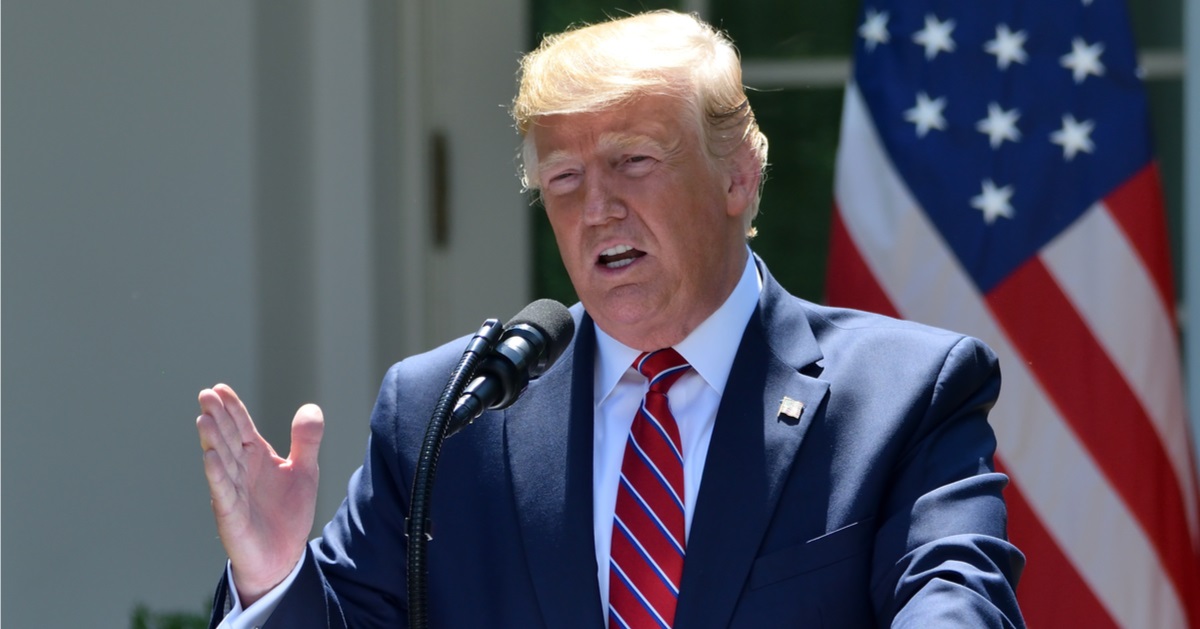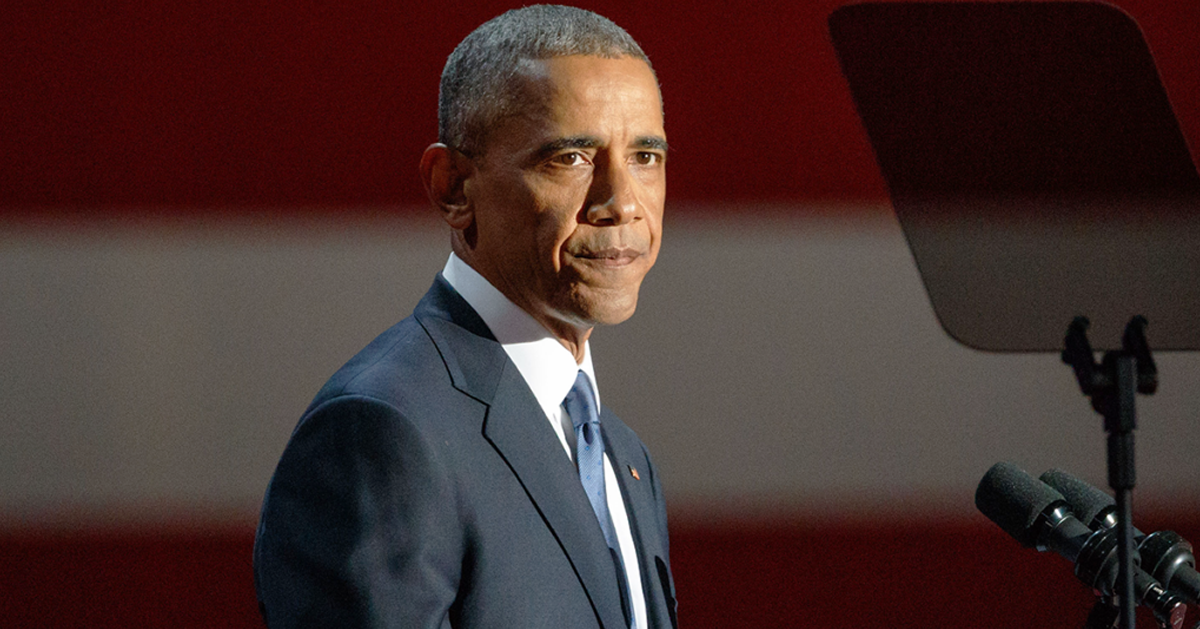DANIEL VAUGHAN: Trump's Economy Is Ignoring All The Trade War Waves
The U.S. economy, which should have entered a recession in 2023, is still trucking right along now. For the last few years, whatever has been forecasted, from COVID-19 to inflation to a trade war, hasn't mattered to the world's largest economy. That doesn't mean things can't change, but for all the doom and gloom, the United States economy is throwing stiff arms at them all.
For all the talk of how Trump's trade war will lead to recession, there's still no data pointing in that direction. And when you compare it to 2023, the media coverage is ridiculous. That year saw a banking crisis with multiple failures, cash frozen for tech companies, and mass layoffs in multiple sectors.
We even had back-to-back quarters of negative GDP growth, the technical definition of a recession. Many in the press assured us we weren't in a recession and the economy was fine because Biden was in charge. The reasons we did not go into a defined recession are myriad enough to avoid here, but suffice it to say the American economy was in trouble then.
Trump's trade war, with its uncertainty, combined with the weaknesses of the Biden economy, has us in a natural place where people are once again expecting a recession. So far, our only real data point is from a preliminary reading of the first quarter, where growth was negative because imports are included as negative.
Meanwhile, the latest jobs report for April, done in the middle of the worst of the "Liberation Day," showed no signs of weakness. The U.S. saw 177,000 jobs growth in April, with February and March revised down. Initial jobless claims were up a tick, but the mild increase was most likely due to a data reporting quirk in New York.
If you're looking for weakness in the employment sector, you're not going to find it. Even all the churn from Elon Musk, DOGE, and Trump's decision to fire thousands of federal employees hasn't slowed down the job market, which is absorbing those people into private sector or state-level jobs.
The other place where recession is fading in the rearview mirror? That would be Wall Street:
Wall Street's best forecasters have been warning that tariffs could spark a recession. Goldman Sachs puts the chances at 45% in the next 12 months. Apollo Global Management's top economist recently pegged it at 90%. Someone forgot to tell stock traders. The market is roaring ahead, despite those gloomy predictions, as investors put their faith in solid economic data including Friday's jobs report, and bank on a swift de-escalation of President Trump's global trade war.
In fact, all the losses in April that markets endured when Trump announced across-the-board tariffs are gone. On the first day of May, the S&P500 erased the final losses from the bottom of April. In fact, "The S&P 500 just wrapped up a nine-day streak of gains—its longest since 2004—rising around 10% to erase the sharp losses that followed the president's unveiling of the tariffs last month. It has now declined just 3.3% for the year."
Does that mean a recession is off the table? No, but it does mean everyone is taking a chance to breathe and reassess the situation.
The lay of the land is this: Trump has tariffs in place across the board but is also engaged in negotiations with countries on new trade deals. What markets expect is for Trump to announce new deals that will reverse the tariff damage and lead to more growth.
Everyone understands that China is the only sticking point. Whatever the White House does with China is likely a long-term process. However, deals with India, Japan, the U.K., and other Asian countries are far easier to pull off. Those places are eager to get deals with America and strike while China is down.
Tariffs could totally send the U.S. into a recession. We have to be clear-eyed about our problems and the direction things could go. However, nothing is baked in. Trump can land trade deals that benefit the United States, isolate China, and provide growth avenues for the rest of the world.
That's what markets see, and it's what Wall Street is describing with its actions. Unlike the pundits and think tanks in Washington D.C., traders have billions on the line and aim to make money in every situation. If things go south, they'll pivot. But right now, the recession threat is fading for them as hard data suggests things are fine—for now.
Here's hoping Trump lands the trade deals America needs to advance our economy while stifling China's central-planning communists.




